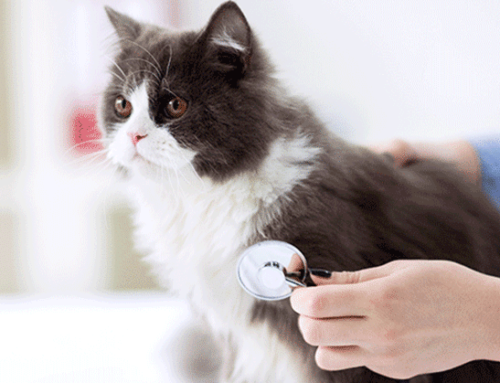As the calendar year continues, the weather becomes more vibrant and the increasingly warm temperatures entice both owners and their pets to go outside to play.
Dogs are running on luscious green fields and cats are roaming among dense bushes while their owners look on towards their cheerful pets. Everyone is having a wonderful time, yet something lingers among the air; preying, stalking and ready to strike at a moment’s notice. The villain in the air is none other then the mosquito, which is known to transmit heartworm to our furry companions.
What exactly are Heartworms?
Heartworms are what their name entails, roundworms located in the heart of an animal. They are transmitted and infect our pets through a carrier, known as the mosquito. The mosquito acts as an intermediate host where the eggs of the heartworm mature into larvae. As temperatures rise, mosquitoes come out from hiding to seek out their prey. After a mosquito has bitten their victim, the larvae are released into the bloodstream of the infected host and travel to the heart where they then manifest. As they grow inside the heart, the larvae will continue to absorb nutrients from the host and grow in size; causing severe problems. Cats can also be infected by heartworm, but typically the main hosts are dogs. While interactions with other infected dogs will not transmit heartworm, dogs may act as carriers for mosquitoes.
What are the symptoms?
The most dangerous thing about heartworm is that there are no noticeable symptoms in the early stages of infection. Physical symptoms only appear either due to a heavy infection, or because the roundworm migrated to a part of the body where it does not belong. For instance, blindness is caused if heartworm migrates to the eyes, seizures will occur if heartworm travels to the brain, or overall lethargy will result if heartworm resides within the muscles. For cases of heavy infection when the roundworm has settled in the heart and matured into a adult, physical symptoms could included: loss of weight, coughing of blood or heart failure.
Prevention & Treatment
While heartworm can prove to be dangerous if left untreated, it can easily be prevented with a monthly dose of medication. There are multiple options available both in topical form (e.g. applied to the skin) as well as oral form (e.g. given through the mouth).






